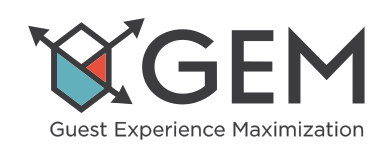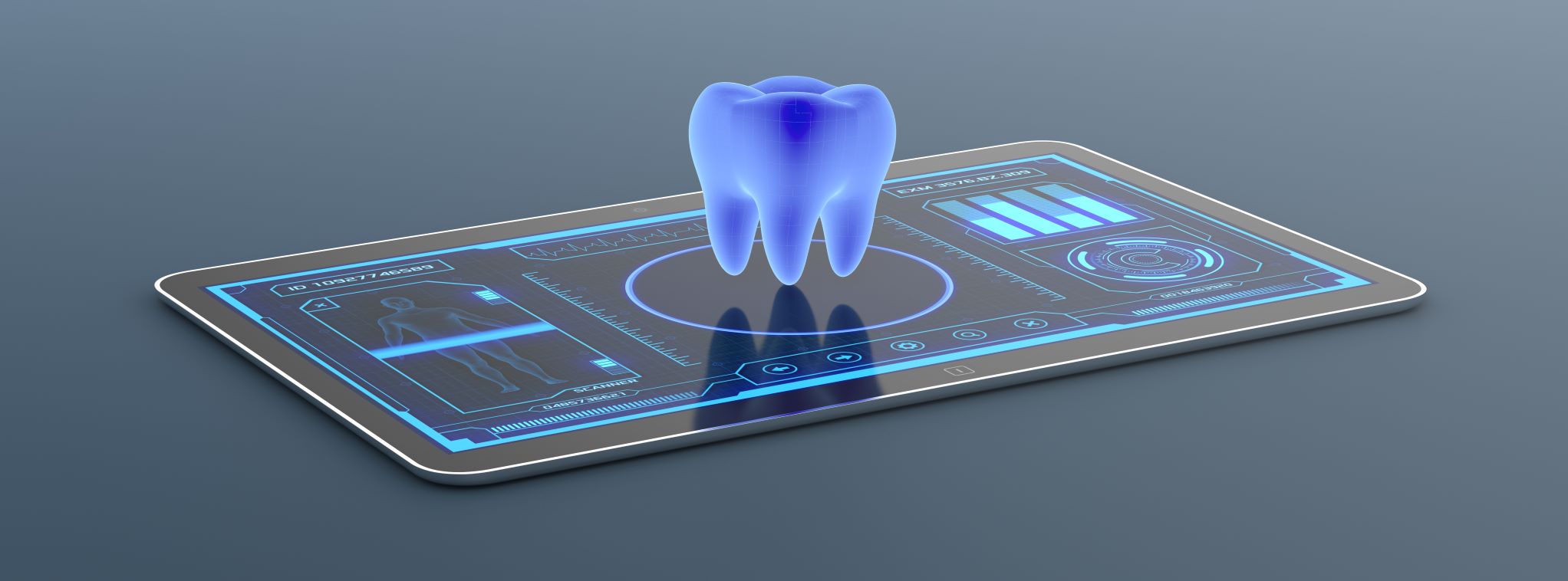Looking at World Cancer Day Through the Health Equity Lens
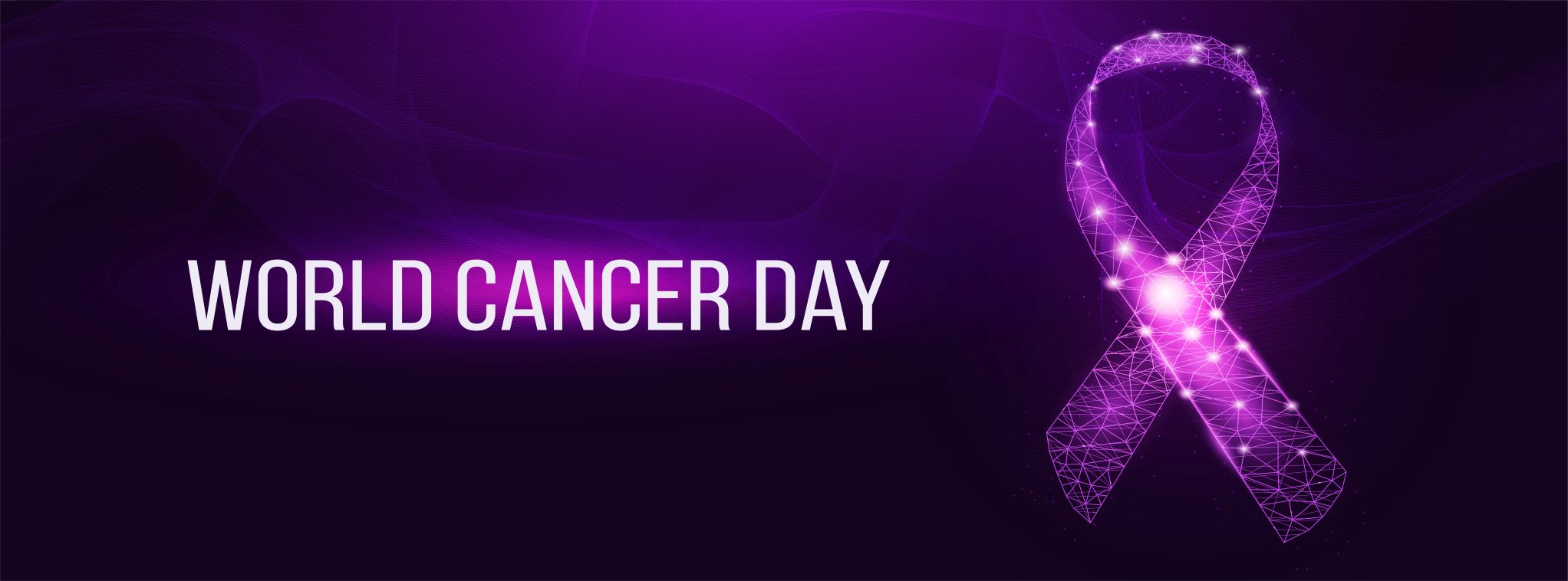
World Cancer Day 2022 champions the “Realizing the Problem” theme. It applies to every nation as part of a three-year “Close the Care Gap” campaign. When everyone has an equal opportunity to prevent, detect, and treat cancer, the care gap is closed.
The Union for International Cancer Control (UICC) is behind the initiative. World Cancer Day’s declaration names nine targets to reduce cancer worldwide.
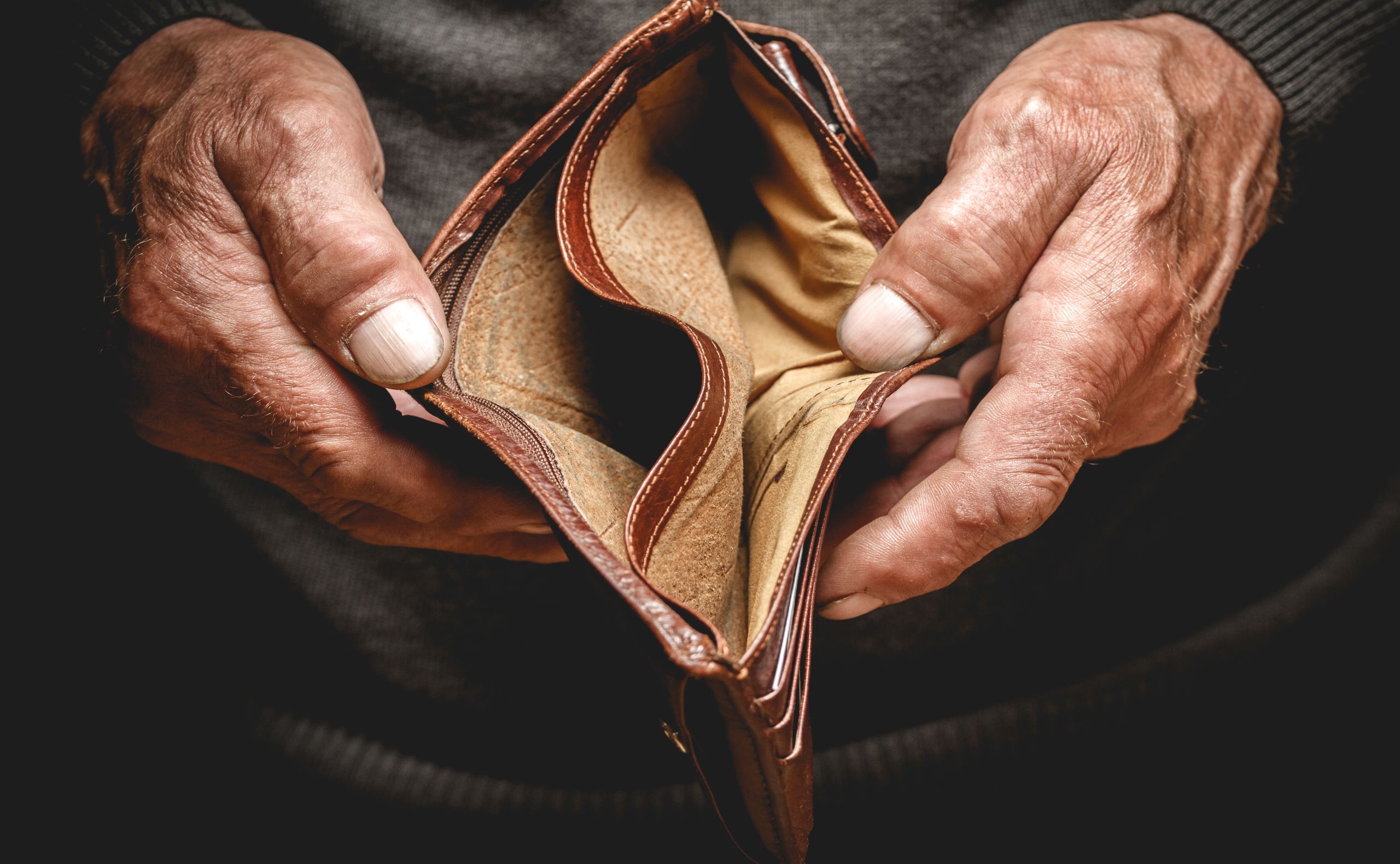
Diagnosis and Treatment Should be Equitable for All
Organizations urge everyone to watch their health and get regular screenings. The American Cancer Society guidelines advise preventive testing for cervical cancer in women 25 or older. They recommend screenings for other cancers for those over 40 or with increased risk.
The UICC believes access to life-saving cancer diagnosis and treatment should be equitable for all. They stress being proactive in testing, receiving quality care, quality treatment, and follow-up.
Easier said than done.

Unhealthy Diet at the Root of the Problem
Health equity is of supreme importance for World Cancer Day. Unfortunately, cancer disparities exist among populations in all nations. Race, income, geography, gender, and other factors play a role.
The National Cancer Institute published a study pointing to factors living in low-income communities behind cancer disparities. A reliable source of food is at the top of the list. The quality of available clinical care is number two.
“I would not have expected this to pop up as the largest mediator, but it makes sense,” said Dr. Cary Gross of the Yale University School of Medicine. “It’s well known that food insecurity is associated with obesity, which in and of itself is certainly a risk factor for cancer. It could also be a marker for having to rely on unhealthy foods.”
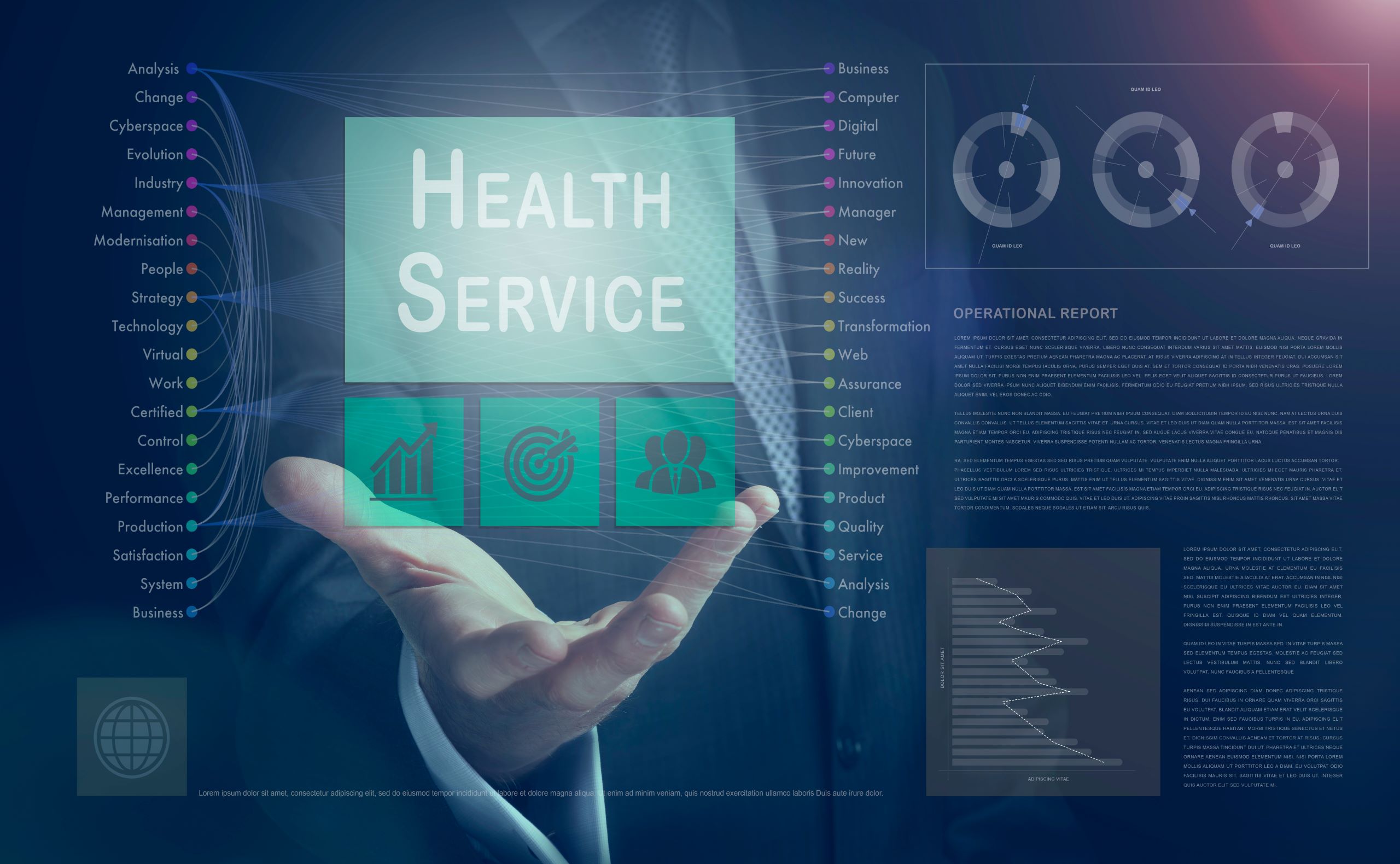
Communities Can Take Action
It takes local outreach efforts to address these issues and improve access to a better diet and quality care. The Boston Public Health Commission took action in 2014. Breast cancer rates in minority and low-income patients were higher. Therefore, they consulted with the Dana-Farber Cancer Institute to form the Boston Breast Cancer Equity Coalition (BBCEC).
They offer resources to anyone in need through their website, including counseling and education.
The American Association for Cancer Research provides the graph below showing the disparities in and around the U.S.
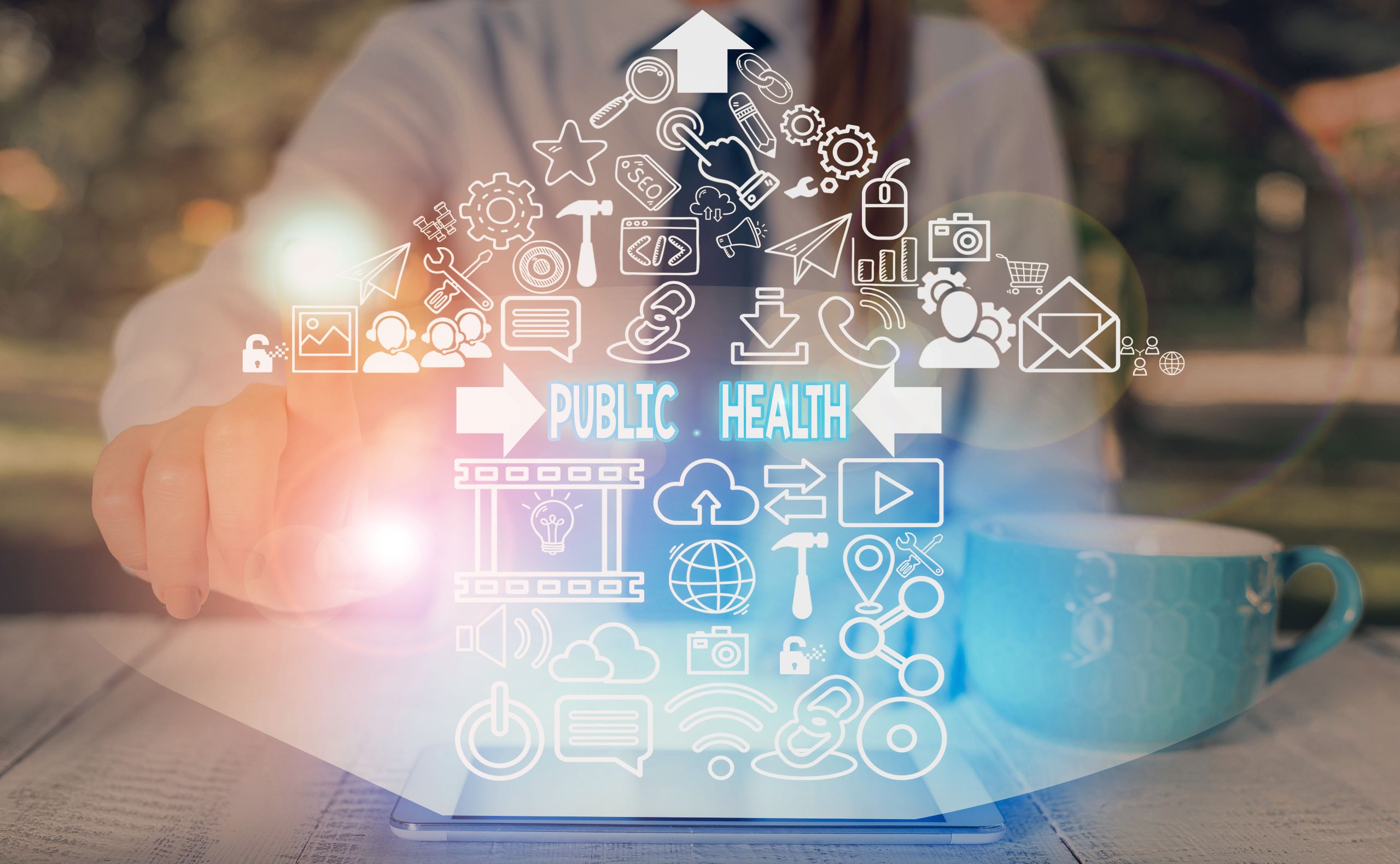
World Cancer Day Initiatives Stress Accountability
The UICC advocates initiatives that unite the cancer community. They believe citizens should hold their governments accountable for doing all they can to prevent and treat cancer. Initiatives include tobacco control, obesity, vaccination, early detection, and improved access to medical care.
There is no widespread call for cancer testing for healthy people under 40, but whole-body scans are trending. Cancer-related organizations don’t typically recommend the scans for various reasons. These include price and large amounts of radiation. It is controversial, particularly concerning federal approval, but many see it as a potential lifesaver.
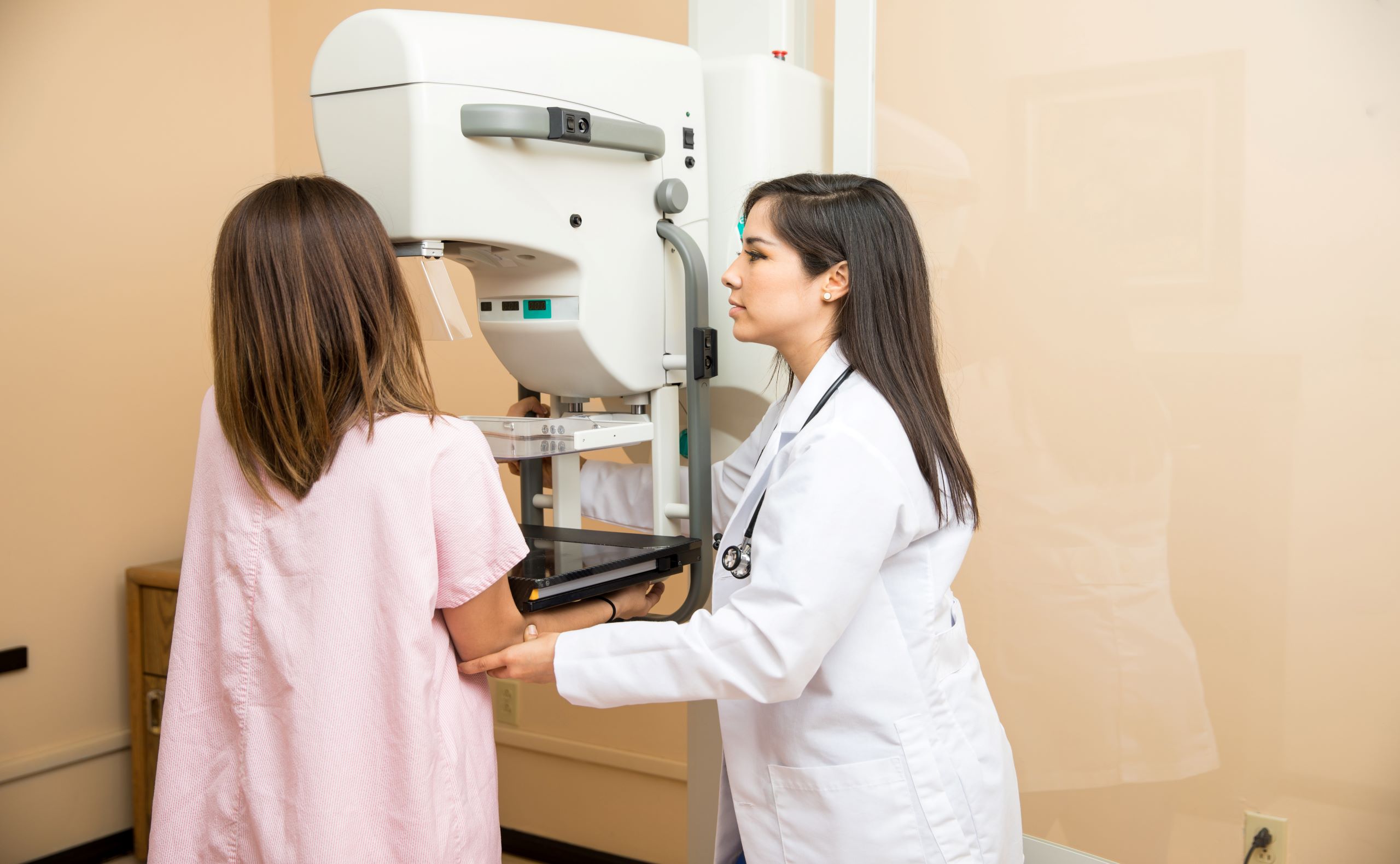
Early Detection Means Better Survival Rate
Hologic, Inc. creates products for the early detection and treatment of breast cancer. It has made significant strides in offering 3D mammograms, increasing detection rates by 40 percent. Earlier detection means a better survival rate. LMS has assisted Hologic in reaching out to women to schedule regular mammograms.
There is no understating the importance of cancer awareness for all men, women, and children. It may not mean testing for younger people unless there are symptoms or genetic reasons. For anyone older, however, testing is of vital importance.
Wendy Leahy of Connecticut was diagnosed with breast cancer seven years ago and is happy to report she is doing well. She stresses paying attention to your body and getting tested.
“They don’t know what caused it, and I don’t have cancer in my family,” she says. “Don’t neglect your health! Had I put off going to the doctor, I might not be here today!”
